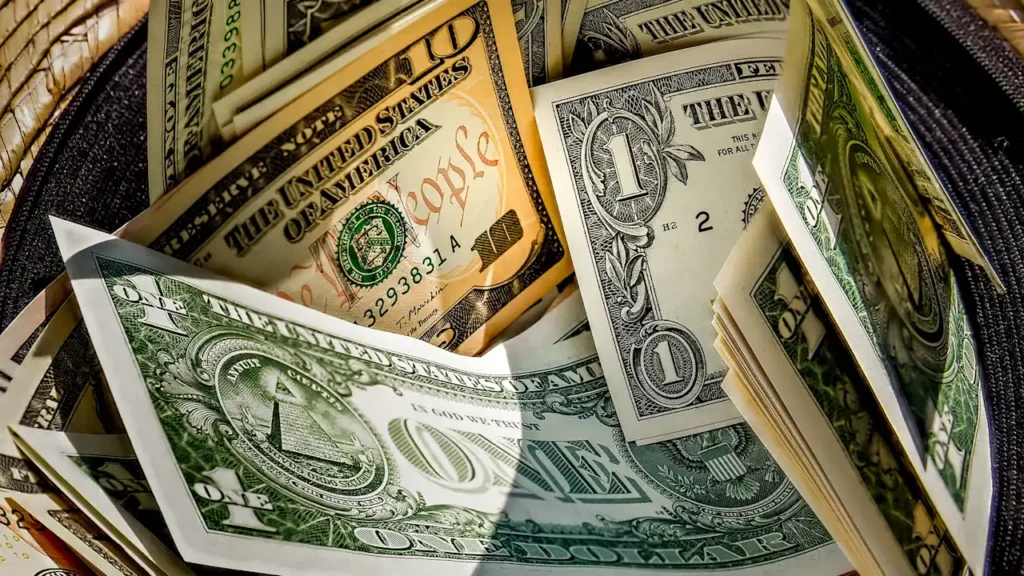
Trump signed off on the “no tax on tips” deduction as part of his “Big, Beautiful Bill” legislation on July 4th. But, while the provision had bipartisan support, experts say not all workers who make tips will end up qualifying.
In August, the U.S. Department of the Treasury released a preliminary list of the occupations that may be eligible. However, further guidance may be needed to determine who will actually qualify, as some jobs listed don’t meet the criteria laid out by the Trump administration.
Regularly tipped workers who received tips on or before Dec. 31, 2024 are eligible, according to the legislation. According to the bill, some tip workers will be able to deduct up to $25,000 of “qualified tips,” which means “voluntary cash or charged tips received from customers or through tip sharing.” For those making over $150,000 ($300,000 for joint filers), the deduction will go down accordingly.
But jobs that are “specified service trade or businesses” (SSTB) don’t qualify at all, according to the legislation. And, Ben Henry-Moreland, a certified financial planner with adviser platform Kitces.com, told CNBC, that, with the qualification in mind, the recent list could lead to confusion, as many “people will be surprised to find out that not every single occupation on [the Treasury list] is going to actually be eligible for the deduction.”
According to TurboTax, an SSTB is a trade or business that relies on the skills or reputation of an employee. “If your business provides a service rather than a product, the business likely classifies as a SSTB,” the site explains. And, the number of jobs that fall under those categories are fairly plentiful, according to the Association of International Certified Professional Accountants, which may lead to a letdown for many come tax season.
Which jobs are SSTBs?
- Healthcare workers, such as doctors, nurses, physical therapists, pharmacists, and even massage therapists, or other spa workers who earn a decent chunk of their income from tips.
- Legal workers, such as lawyers, paralegals, and mediators.
- Financial service workers, such as financial planners, investment bankers, retirement advisers, and more.
- Performers, such as artists, actors, directors, playwrights, and musicians.
- Athletics, such as professional athletes, team owners, or team managers.
- Businesses that earn income from endorsements or “use of an individual’s likeness, image, voice, etc.” or from making appearances.
You can find a comprehensive list of specified service trade or business jobs here.
According to the bill, the deadline for the list of occupations was published ahead of the October 2, 2025 deadline. The deduction will be effective from 2025 through 2026.